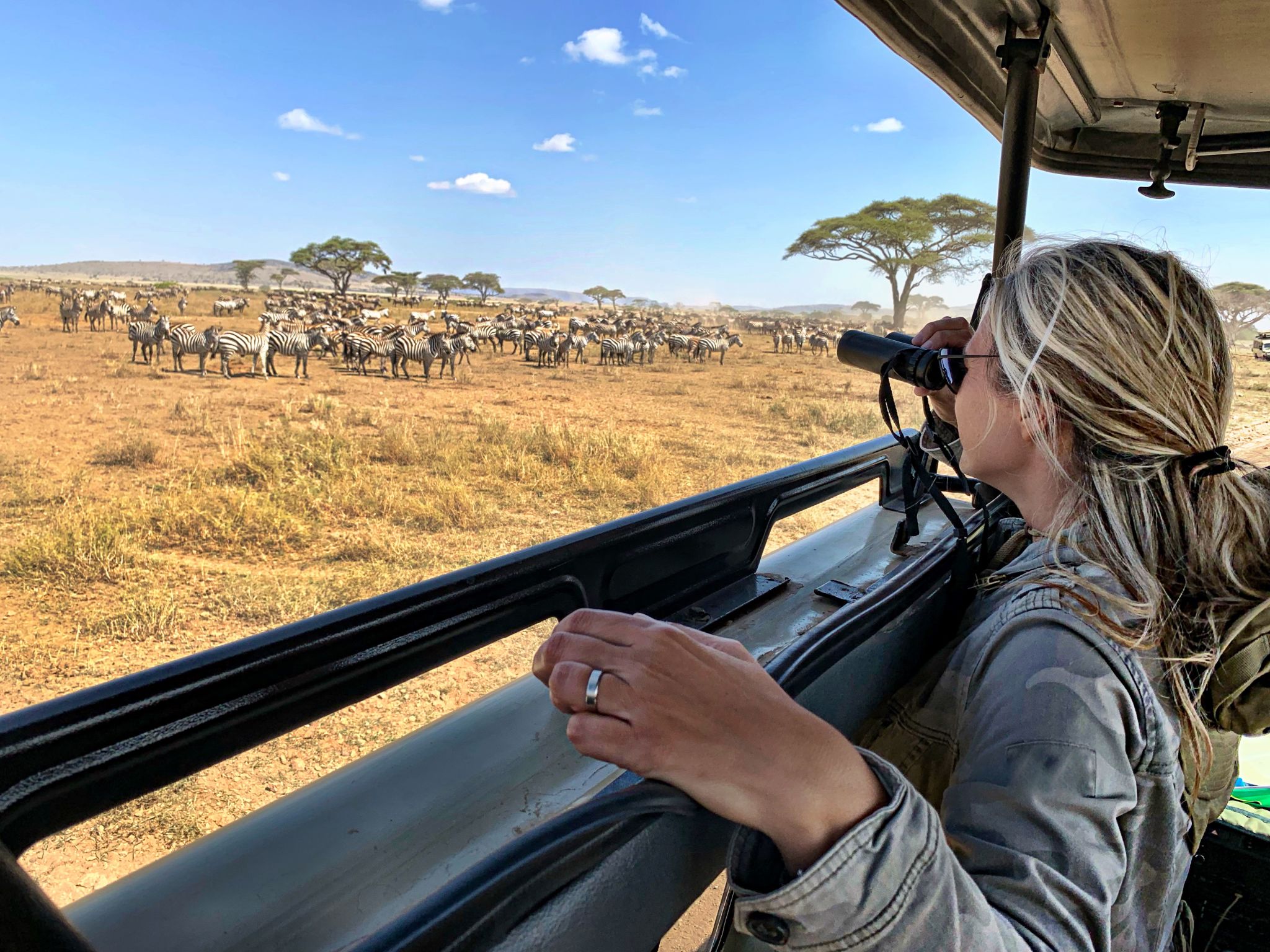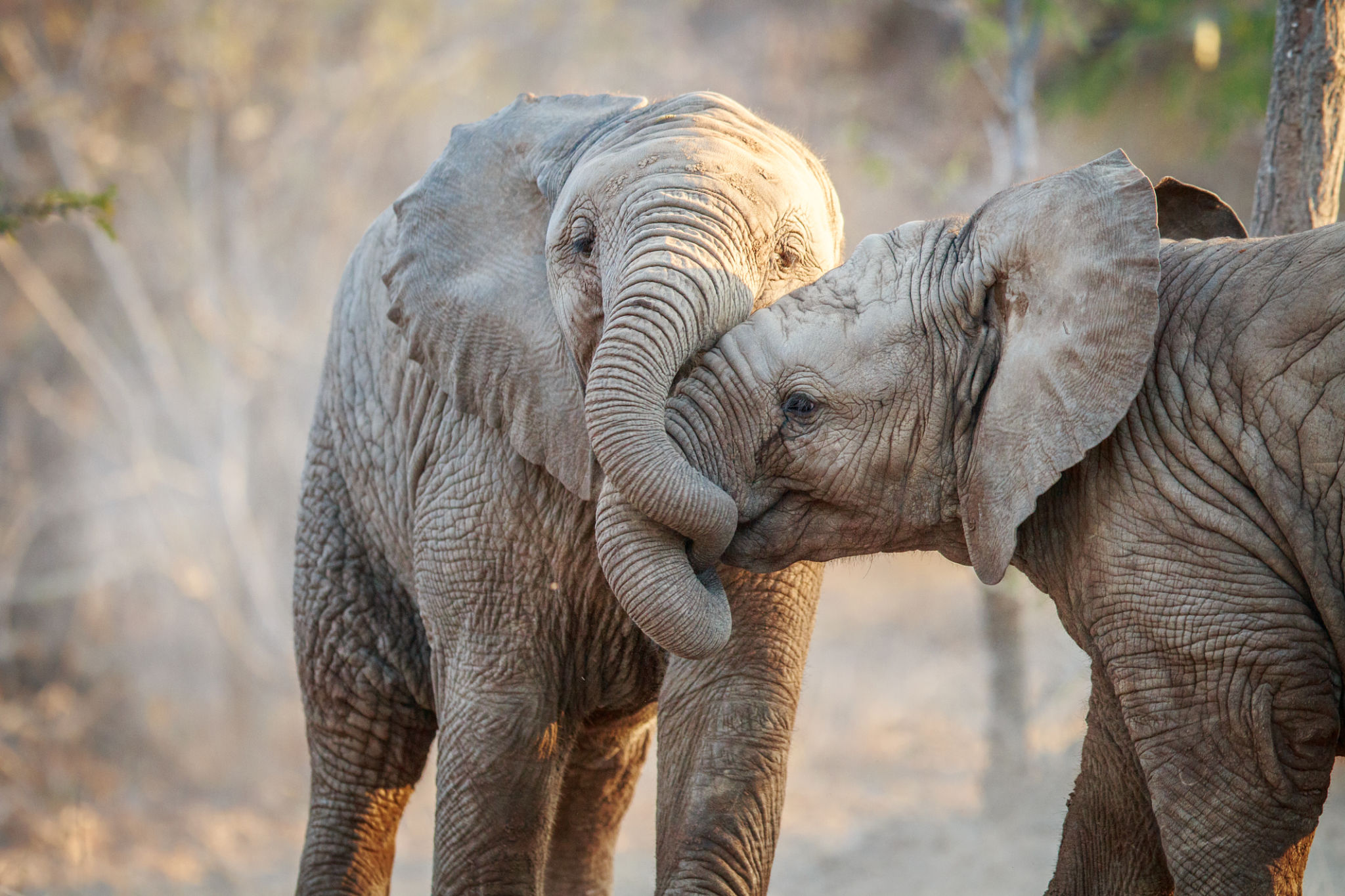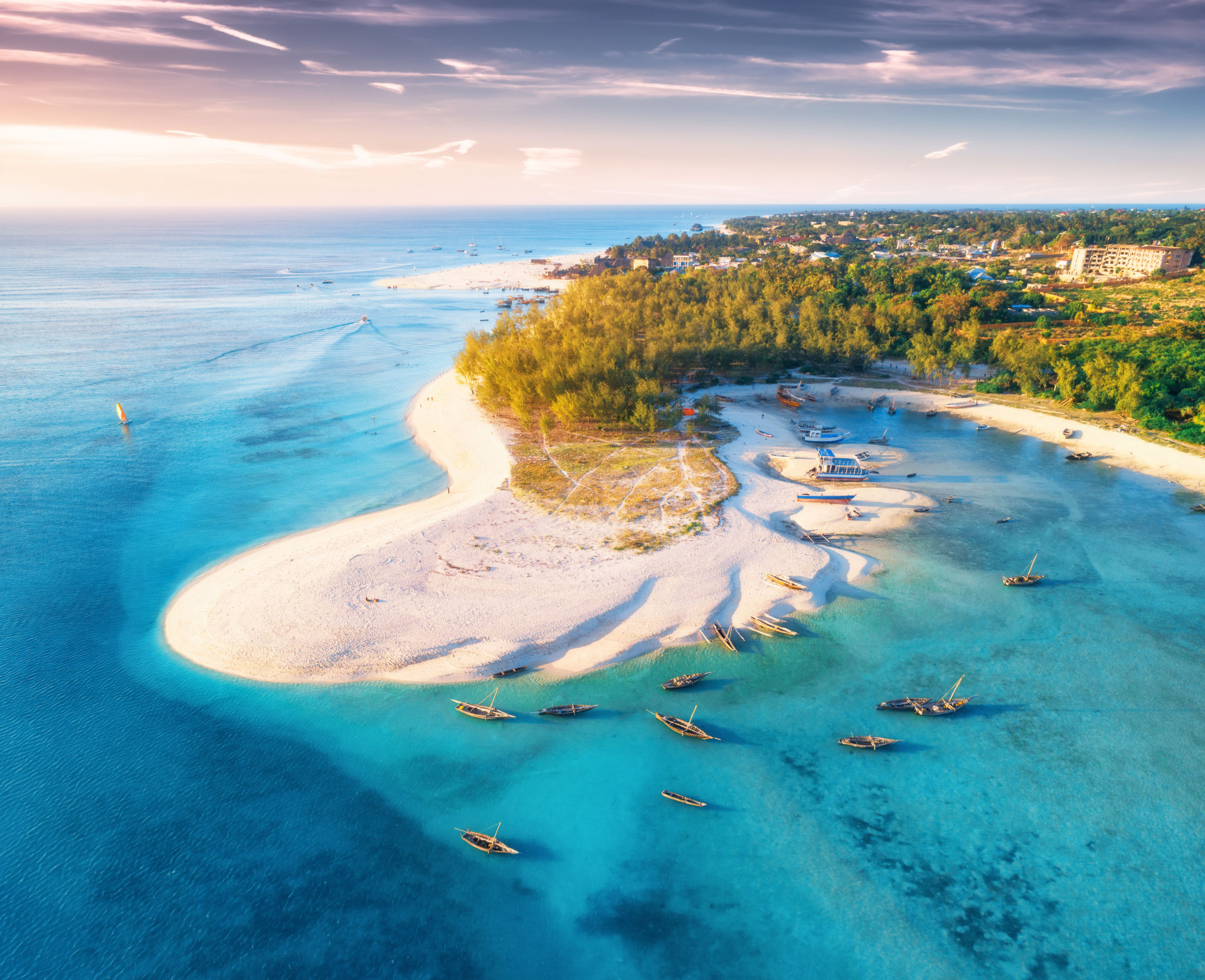Expert Tips for Planning Your Tanzanian Wildlife Tour
Understanding the Best Time to Visit
When planning a Tanzanian wildlife tour, one of the first things to consider is the timing of your visit. Tanzania's climate varies throughout the year, impacting wildlife visibility and accessibility. The dry season, from late June to October, is often considered the best time for wildlife viewing. During this period, animals gather around water sources, making them easier to spot. Meanwhile, the Great Migration, a spectacular natural event, typically occurs between June and July in the Serengeti.
However, visiting during the wet season, from November to May, can also be rewarding. The landscape is lush and green, and the birdwatching opportunities are excellent. Additionally, this is calving season for many animals, offering a unique perspective on Tanzania's wildlife.

Choosing the Right Safari Experience
Tanzania offers a diverse range of safari experiences to cater to different interests and budgets. From luxury lodges to budget-friendly camping safaris, there's something for everyone. Consider what kind of experience you're looking for—whether it's the intimacy of a walking safari or the grandeur of a hot air balloon ride over the Serengeti.
For those interested in seeing the Big Five—lion, leopard, elephant, buffalo, and rhinoceros—visiting renowned national parks such as the Serengeti or Ngorongoro Crater is advisable. Each park offers unique opportunities to observe these magnificent creatures in their natural habitat.

Packing Essentials for Your Safari
Packing correctly is crucial for a successful safari experience. Opt for lightweight, breathable clothing in neutral colors that blend into the environment. This not only keeps you comfortable but also minimizes disturbance to wildlife. Don't forget essentials like a wide-brimmed hat, sunglasses, and sunscreen to protect yourself from the sun.
A good pair of binoculars and a camera with a zoom lens are indispensable for capturing distant wildlife. Pack all necessary chargers and adapters for your electronic devices. Additionally, carrying a small daypack will help you keep essentials like water bottles and snacks within reach during excursions.

Health and Safety Considerations
Ensuring your health and safety while on safari is paramount. Consult with your healthcare provider about necessary vaccinations and malaria prophylaxis before traveling. It's advisable to carry a basic first-aid kit with band-aids, antiseptic wipes, and any personal medications you might need.
Stay informed about local safety guidelines and adhere to park rules and regulations at all times. While on safari, listen to your guide's instructions to ensure both your safety and that of the wildlife.
Maximizing Your Wildlife Encounters
To make the most of your wildlife encounters, consider hiring an experienced guide who can provide valuable insights into animal behavior and habitat. Guides often have a keen eye for spotting wildlife that might be easily missed by untrained eyes.
Being patient is key during wildlife tours. Animals move at their own pace, and sometimes waiting quietly can lead to unexpected and rewarding sightings. Remember to respect their space and avoid making loud noises that could disrupt their natural behavior.

Engaging with Local Culture
A Tanzanian wildlife tour isn't complete without engaging with the rich local culture. Consider visiting nearby Masai villages or participating in cultural tours to gain a deeper understanding of the traditions and lifestyles of local communities.
Supporting local artisans by purchasing handcrafted souvenirs not only provides you with unique mementos but also supports the local economy and contributes to sustainable tourism practices.

Sustainable Travel Practices
Sustainability should be at the forefront of any travel plan. Choose tour operators that prioritize eco-friendly practices and contribute to conservation efforts. Reducing your carbon footprint by minimizing waste and conserving water during your stay can make a significant difference.
Participate in conservation projects or educational programs offered by some lodges, which often allow you to contribute positively while learning more about local ecosystems.
Final Thoughts
Planning a Tanzanian wildlife tour can be an enriching experience that offers unforgettable memories. By considering these expert tips, you'll be better prepared to encounter Tanzania's breathtaking landscapes and diverse wildlife while respecting and supporting local communities and conservation efforts.
